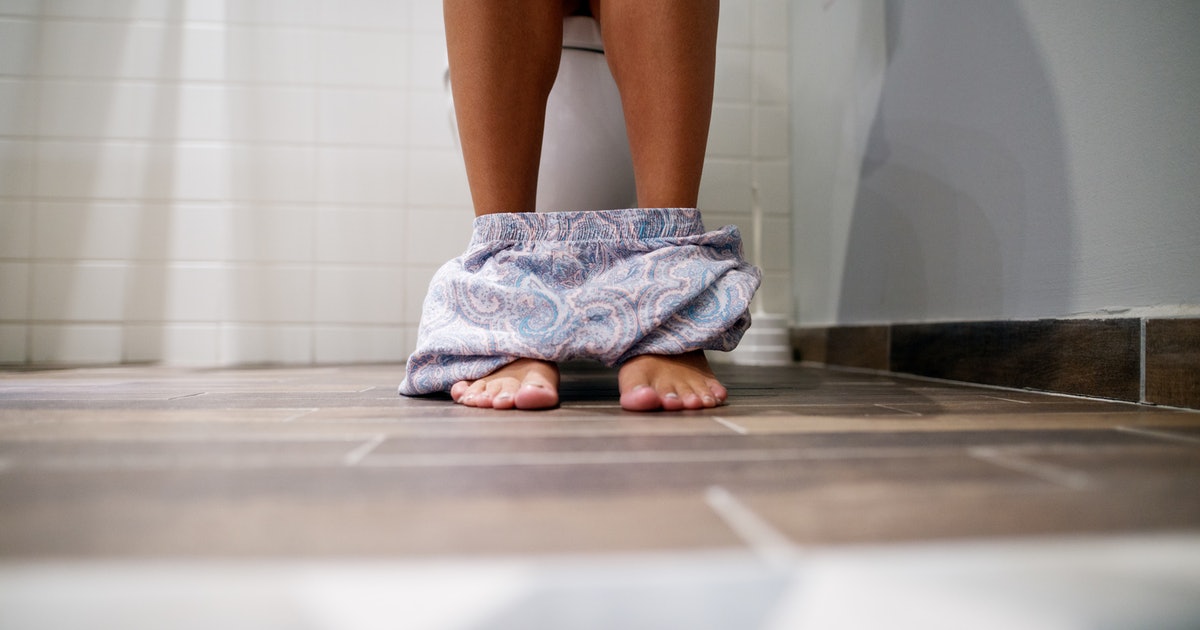What Causes Polydipsia?
Polydipsia is the condition of being excessively thirsty and it is usually the result of a health problem. Some causes of polydipsia are easily fixed, but some are chronic. Patients with polydipsia will often drink too much water. This might seem like a good thing; after all, water is one of the healthiest things one can drink. However, drinking too much water can lead to further problems such as hyponatremia, which is a low concentration of sodium in the body. Polydipsia can also be annoying to deal with. As such, it is important for patients to find out the cause of their polydipsia in order to treat any underlying conditions they might have.
Dehydration

Of all the causes of polydipsia, dehydration is the easiest to identify. It is essentially caused by simply not drinking enough liquids. Individuals can also get dehydrated after sweating excessively, competing in sports events, or having an illness that causes vomiting or diarrhea. In the case of illness, patients get dehydrated because it is difficult for them to keep liquids down. Someone who is mildly dehydrated can likely fix the problem by simply drinking more water. Symptoms include polydipsia, muscle cramps, and headaches. Someone who is severely dehydrated needs to go to the hospital. Symptoms of this severity of dehydration include dizziness, a fast heart rate, and passing out.
Keep reading for more details on what can cause polydipsia now.
Polyuria

Polyuria is the condition of urinating a lot more than normal. This condition is usually diagnosed if a patient is peeing more than two and a half liters of urine per day. It is often an early symptom of diabetes, and it can also indicate other diseases such as Sjögren's syndrome, sickle cell anemia, and several different kidney conditions. However, some medications can also cause polyuria. As a medication side effect, this is not necessarily a cause for concern, but it does not hurt to tell a doctor about side effects if they are bothersome. If patients feel they are urinating more than usual and cannot identify a cause, it is extremely important to go to the doctor. There may be nothing wrong, but tests should be done to check on kidney function and to rule out diabetes.
Reveal more about the causes of polydipsia now.
